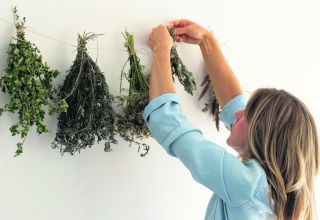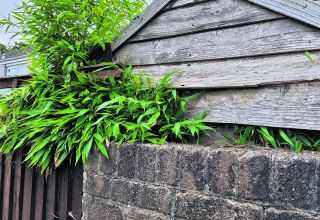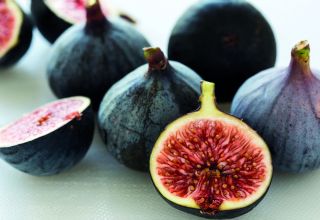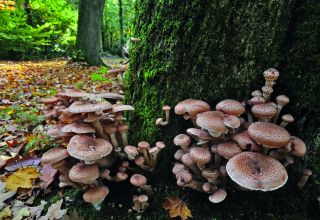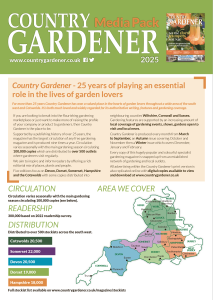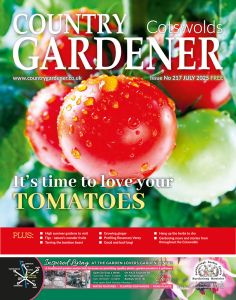This autumn is seeing another bumper crop of apples so storing them properly is vital if you are to enjoy eating and cooking with them through to the New Year.
If handled carefully, placed in the right environment and checked regularly, apples from your garden may be stored for several weeks, or even months. So, with a little planning, you could be eating your own apples beyond Christmas.
Once picked, the apples should keep for a few weeks and in many cases months when stored in the right conditions.
The key point is to only store perfect looking apples that you picked from the tree. Any damaged or windfall fruit will not keep for very long and you should use them for juicing, cooking, made into jam or just eaten immediately. Late ripening cultivars usually store for longer than early season ones.
Store apples in a cold but frost-free place. A little humidity in the air is beneficial, but there should also be decent ventilation.
To keep the fruit in good condition wrap each apple individually in greaseproof or just newpaper, carefully folding the paper round the fruit, holding it gently so that it is not bruised, then place the apple (folded end of the paper down) in the rack.
If wrapping the apples seems too much of a chore, then check them regularly, removing any that show signs of disease or rotting.
Avoid stacking the apples if possible. If you have to do it, only stack one layer high and place a sheet of thin cardboard between the two layers to spread out the weight.
A cropping apple tree usually needs to be picked over several times. Fruit on the sunny side of the apple tree will ripen before the ones on the shady side and apples on the outer branches will ripen before the ones on inner or lower branches. Pick apples with the best colour and only pick them when they are ripe.
You will encounter problems in storing apples. You just need to accept it – clear out the damaged fruit and make sure you have sufficient left to keep going.

Fruit in storage is prone to rotting. Fungal diseases usually attack blemished fruit and are encouraged by poor ventilation
Common rots include brown rot and grey mould. Clean storage areas and containers thoroughly each year to help reduce the risk of brown rot. Shrivelling can be caused by high temperatures or a lack of humidity. If necessary, maintain a moist atmosphere, or store apples in polythene bags.
Bitter pit causes dry, brown sunken spots which are most apparent during storage.
Core flush (pink or brownish discolouration to flesh around the core) is usually the result of carbon dioxide build-up and is
common in apples stored in plastic bags.
Top tips
- Store apples in a cool, dark, well-ventilated place with an even temperature of between 37° and 45°F which is slightly humid and free from rodents. Garages, sheds and cellars are ideal.
- Choose clean containers, which allow air to move around the fruit such as open sided crates, slatted shelves or shallow wooden boxes. You can buy special apple storage racks.
- Make sure the fruit is free of blemishes, not bruised and ideally with their stalk intact.
- If there’s even the slightest sign of maggot damage then discard the fruit as it will rot very quickly. Check the fruit for signs of codling moth caterpillar and their exit hole. There are often signs of the caterpillar excrement pellets around the hole also.
- Don’t mix and match your apples. Keep mid season varieties away from late season ones so they do not speed up ripening.
- The fruit can be damaged by strong scents so don’t place them near to fertiliser, onions or paint.
- Check and keep checking regularly. It is inevitable that some won’t keep and you will need to discard to make sure others remain useable.
- Small quantities can be stored in the fridge for a few weeks. Fill a plastic bag, pierce several holes in it and fold the top loosely to allow air circulation.

